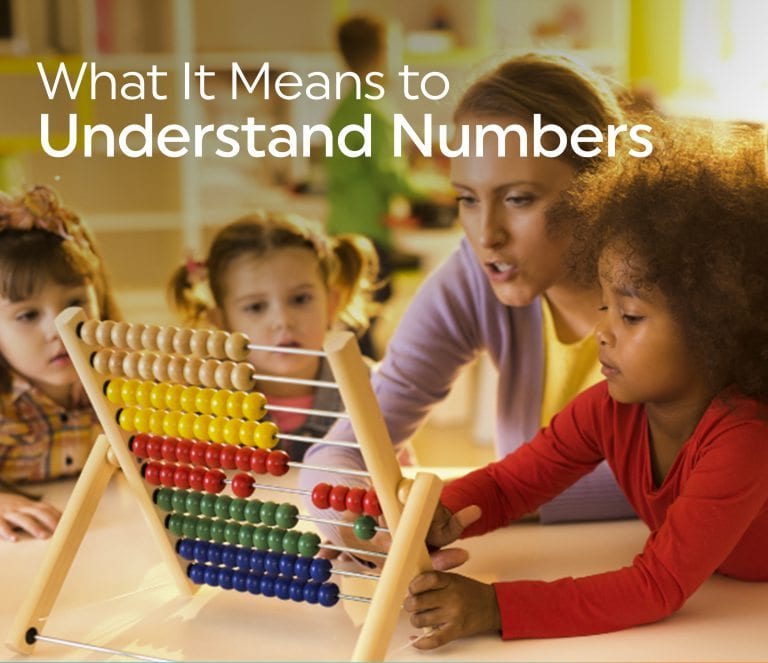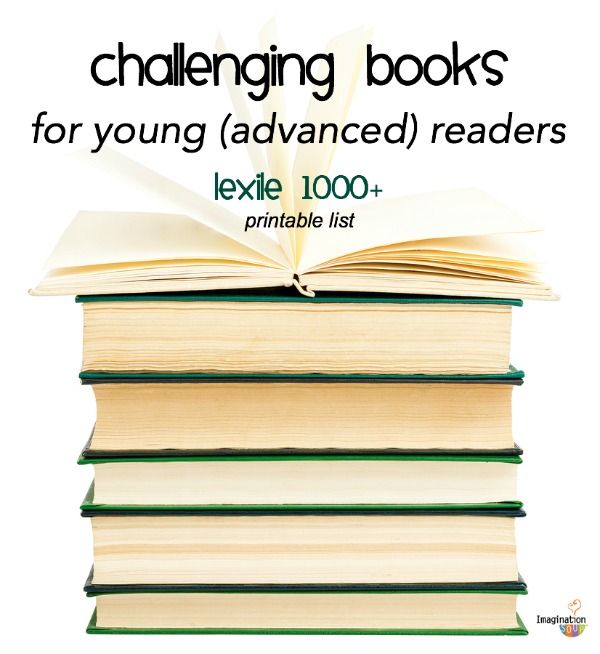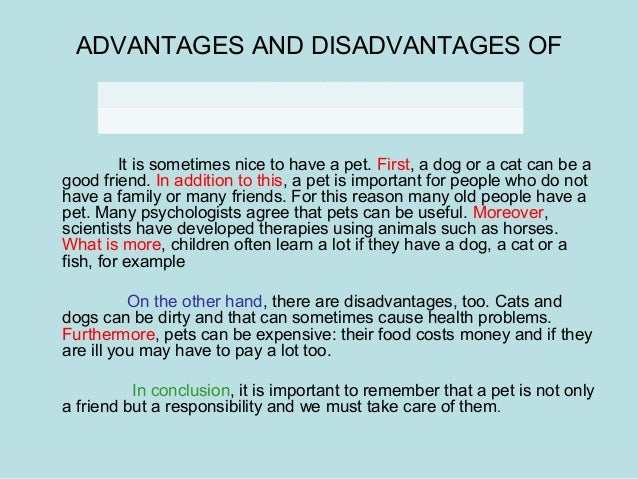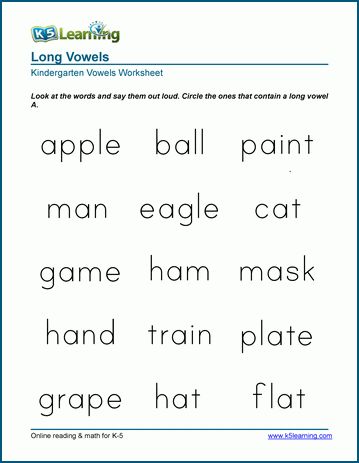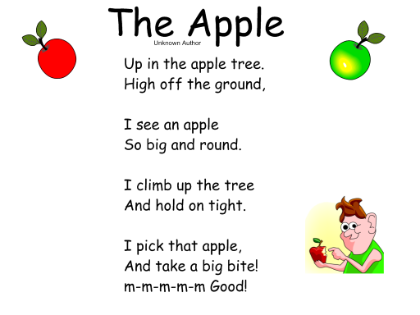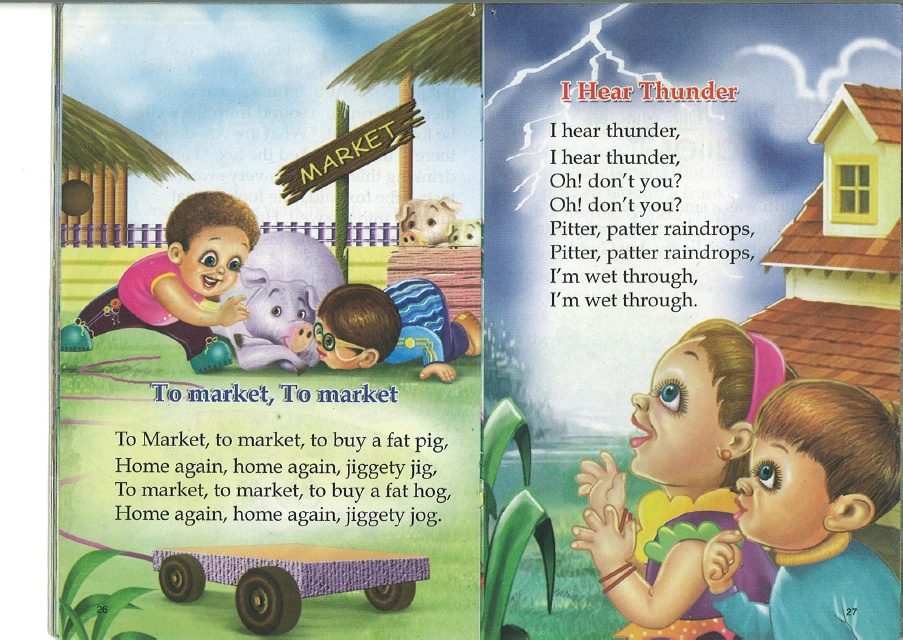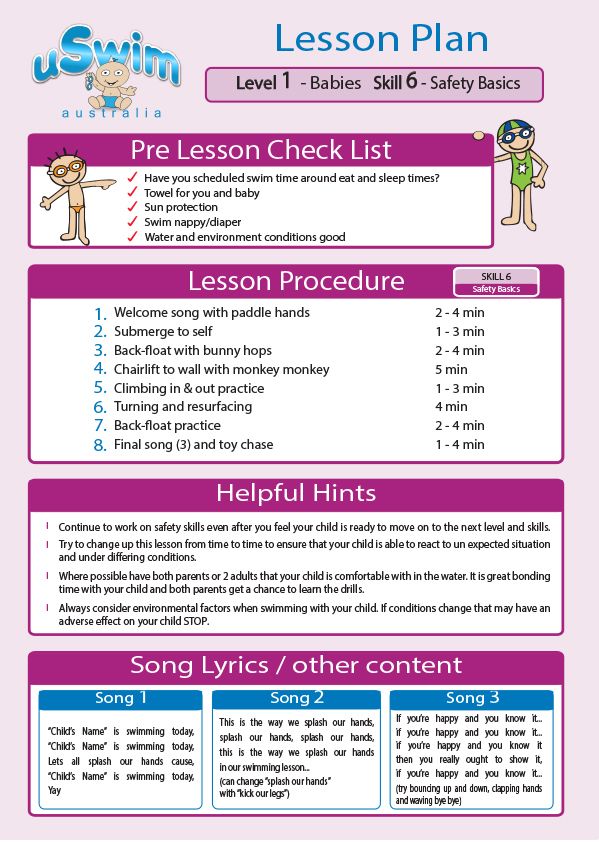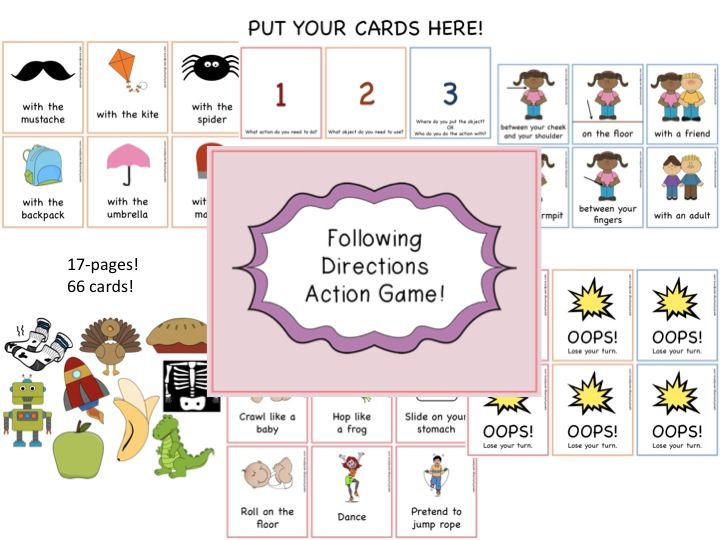Math lessons preschool
Hands-On Math Activities for Preschoolers
Disclosure: This post contains affiliate links to Amazon. See my disclosure policy for details.
Math is so fun to teach to preschoolers because there are a lot of daily activities that incorporate math. Preschoolers don’t need worksheets for math…they should learn through play and hands-on activities.
1. Patterns with Bears
Counting Bears are a great math manipulative to use with preschoolers. You can sort, count, or use them with patterns.
I created some pattern cards to help with this. The first page is an AB pattern, meaning two colors alternate in the pattern. The second page is an ABC pattern, meaning three are three colors in the pattern. For this activity, your preschooler will set the colored bear on top of the matching color to create a pattern. On the ABC pattern cards, the last circle is left empty. That is for your child to tell you what color it should be.
You can get the color patterns printable at the bottom of this post.
Math Skill: Patterns and Relationships
You can find more pattern activities here.
2. Sorting Colors with Bears
Sorting is a skill preschoolers should work on a lot. One way to sort is by color. We do this with our counting bears and a sorting mat.
You can get the sorting mat printable at the bottom of this post.
You can even use colored tape and pom poms to practice sorting! Add in some tweezers for some extra fine motor practice.
We also love counting mats! These are great for learning to count and working on one-to-one correspondence.
Math Skill: Patterns and Relationships
3. Money Muncher
A fun way to work on sorting is with the Money Muncher! It’s also a great activity for fine motor skills. To see all the fun details, click here.
Math Skill: Patterns and Relationships
4. Sorting Jelly Beans
Anytime we work with candy, my kids love it! You can sort M&Ms or jelly beans or whatever! To see how we did this with jelly beans, click here.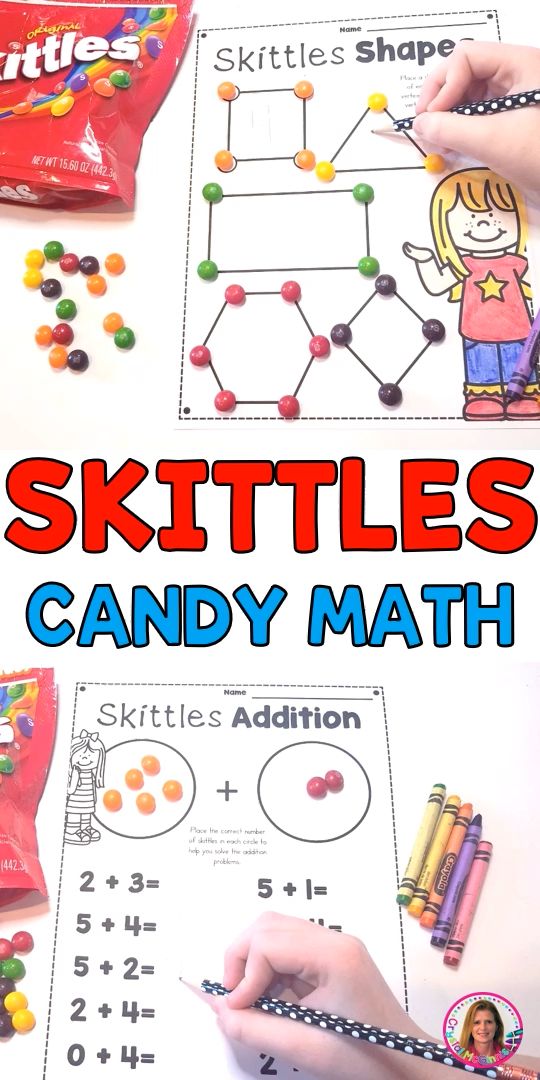
You can get the jelly bean sorting printable at the bottom of this post.
One more idea for sorting is by using toy animals. Have them sort by different characteristics, such as land animals and sea animals.
Math Skill: Patterns and Relationships
5. Graphing
Graphing is always good to introduce to preschoolers. It doesn’t have to be complex, but you can do a simple activity like graphing the types of transportation on a bar graph and use small pictures or toys (or I used erasers from The Dollar Tree).
Make graphing hands-on using apples! Even young preschoolers can begin learning about graphing with this activity.
Check out this free gumball graphing activity right here.
Math Skill: Patterns and Relationships
6. Shape Wheel
This is a fun activity for learning shapes! Just print this shape wheel and draw the same colored shapes onto clothespins.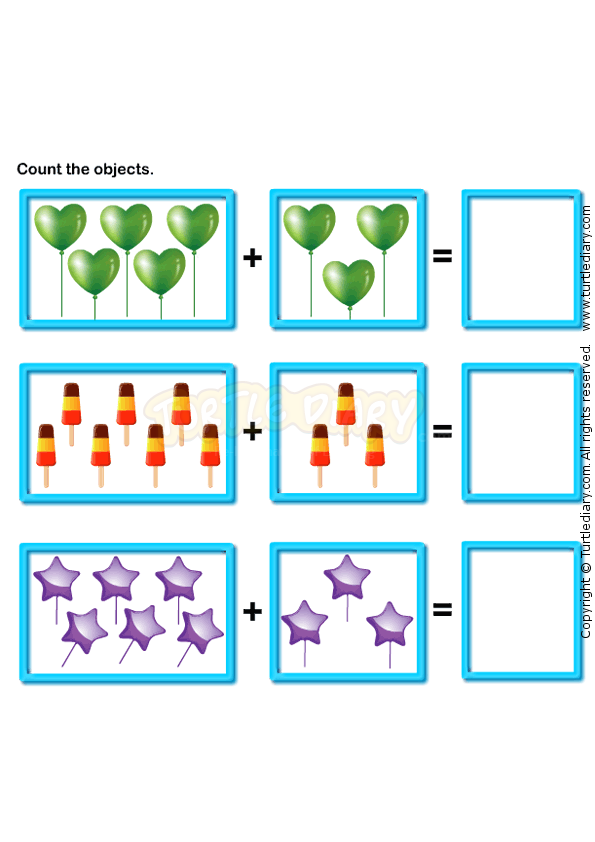 Have your child match the clothespin to the shape on the wheel. This is great for working on fine motor skills!
Have your child match the clothespin to the shape on the wheel. This is great for working on fine motor skills!
You can get the shape wheel printable at the bottom of this post.
Math Skill: Geometry
7. Shape Sorter
An easy way to practice shapes is with a Shape Sorter! I bought these shapes at Michaels Craft Store many years ago, but these 3D geometric shapes would be a good option if you’re interested in creating a Shape Sorter. Check out this post for details on how to make this easy math activity.
Math Skill: Geometry
8. Noodle Shape Cards
A neat sensory activity and a fun way to learn shapes are with noodles! See the post here to download the free shape cards.
Math Skill: Geometry
9. Foam Sticks
Learn shapes in the tub with these foam sticks! You can see how we did this here.
Another fun way to practice shapes is with the cookie shapes matching activity!
And my favorite way to teach about shapes is with my shape rhymes!
10.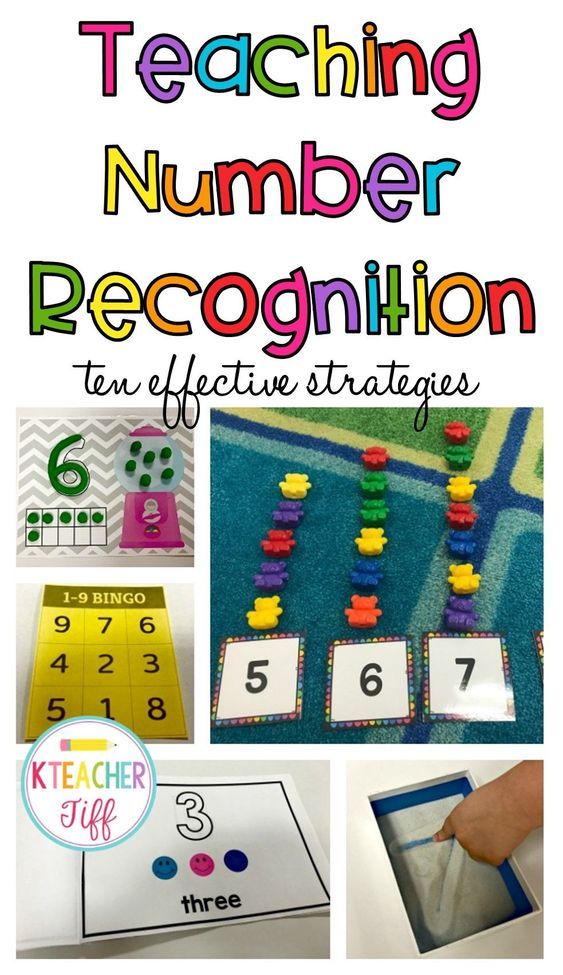 Dice Game
Dice Game
This is a really fun game! I took this Melissa & Doug wooden toy and put white circle stickers on the top of the pegs. I wrote numbers 1-6 and had 2 stars. I had my son roll the dice and whatever number it landed on, he would pound with a toy hammer. If the number he rolled was already down, he hit the star. Not only was this fun for him, but he was able to “subitize”, which simply means to recognize numbers instantly without counting the dots.
Math Skill: Number Concepts
11. Star Number Cards
Practice counting and recognizing numbers with star number cards. This one is great for working on one-to-one correspondence and fine motor skills.
You can get the star number printable cards at the bottom of this post.
Math Skill: Number Concepts
12. Ladybug Math
We made these adorable ladybugs and they were a hit! Not only were they fun to play with, but we did a lot of counting and sorting with them.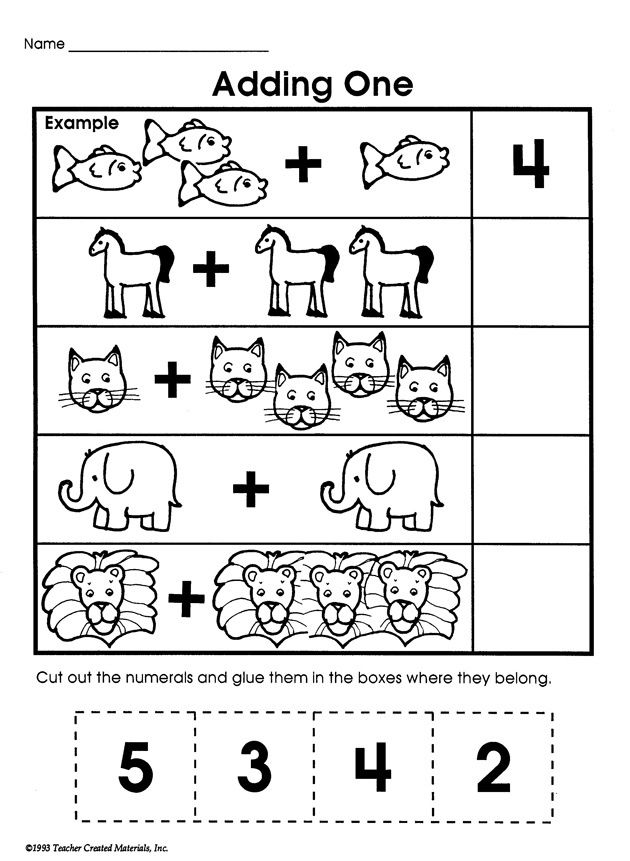 Read all about it here.
Read all about it here.
Math Skill: Number Concepts
13. Balloons
Learn the order of numbers with this really fun game involving balloons! Check out the details here.
Math Skill: Number Concepts
14. Estimating with Water
We learned about estimation with a dropper with some fun, hands-on water activities.
Math Skill: Measurement
15. Pouring and Comparing
We practiced pouring skills with rice into these beakers. Then I had my son line them up from biggest to smallest. Using comparative words like big/small or empty/full help teach preschoolers about simple concepts of measurement. This is simple and you could elaborate on this activity.
One more easy way to practice measurement is with Unifix cubes. Place different lengths of tape on the floor or poster board. Then have your child use Unifix cubes to measure the lines.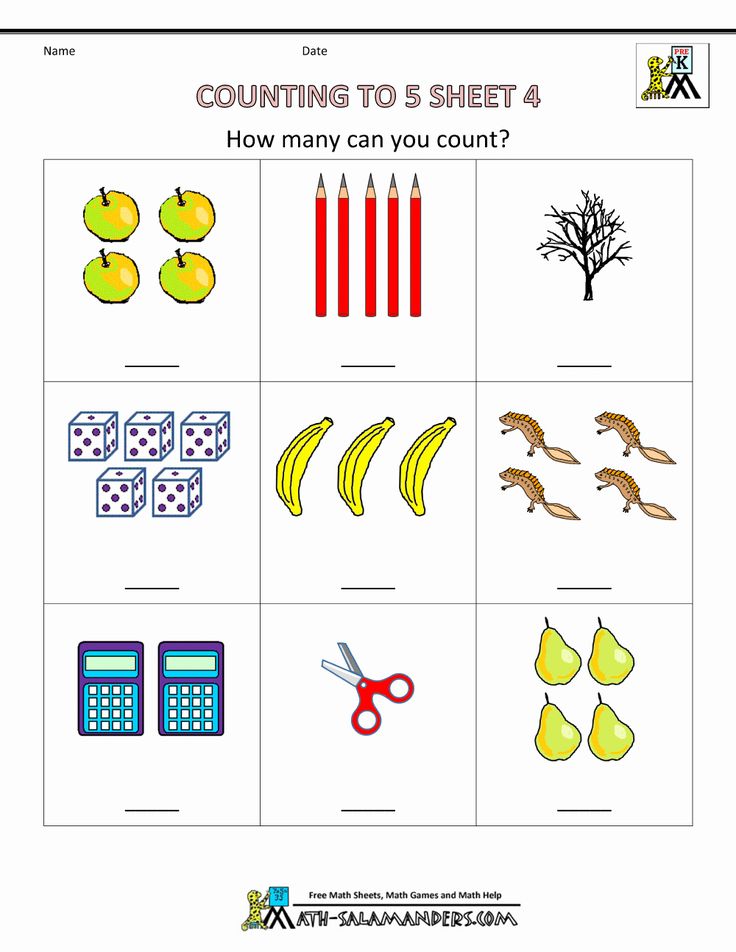 This is a simple way to practice counting, measuring, and comparing lengths.
This is a simple way to practice counting, measuring, and comparing lengths.
Math Skill: Measurement
Lastly, check out this really easy and fun way to practice counting!
If you’re looking for digital math activities, make sure to check out my counting activities using Google Slides.
If you’d like to download the 5 free printables I shared in this blog post, just click on the button below!
Preschool Math Activities that are Super Fun!
If you are looking for preschool math activities then you're in luck! I gathered my favorite hands-on math activities and math center ideas for preschool and I am sharing them here!
Math skills are so important and finding playful and engaging ways to teach those skills to preschoolers is crucial. Whether you teach math to a classroom full of preschoolers or homeschool one or two at home, it's important to use hands-on math experiences.
This is a list of the best preschool math activities that I could find! I hope they will be super helpful to you.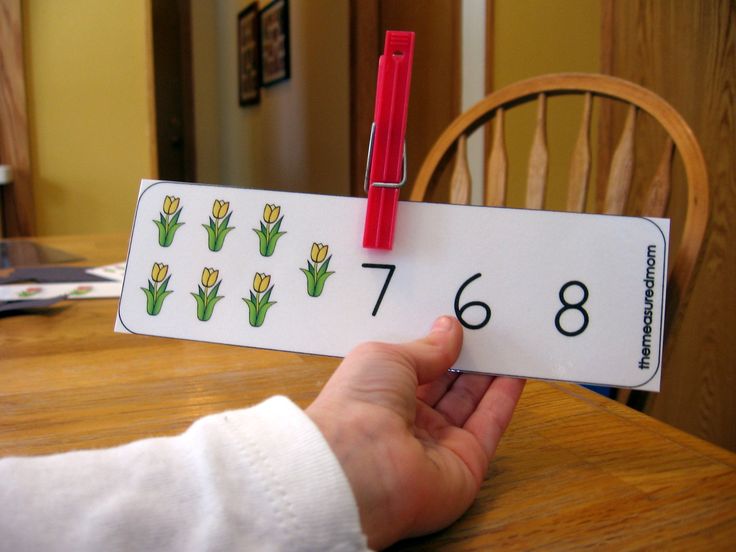
Hands-On Preschool Math Activities
1. Roll and Dot the Number is a quick preschool math game that will teach kids to identify numbers and count while learning one to one correspondence! It is one of our favorite preschool math activities!
2. This Build and Measure Block Center is such a neat way for kids to explore measurement!
3. These Counting Bears Number Strips are a hands-on way for toddlers and preschoolers to learn numbers, counting and even colors.
4. These Tree Play Dough Numbers Mats are a great way to work on a number of math skills including counting to 10!
5. Work on color recognition and sorting with these Button Sorting Cups.
6. This Simple Fine Motor Counting Math Tray is super easy to set up and provides excellent fine motor practice too.
7. Grab your craft sticks and make these Colors and Patterns craft sticks for your math center!
8. Teaching Symmetry to Preschoolers with LEGO DUPLO is perfect for teaching symmetry to preschoolers and young kids.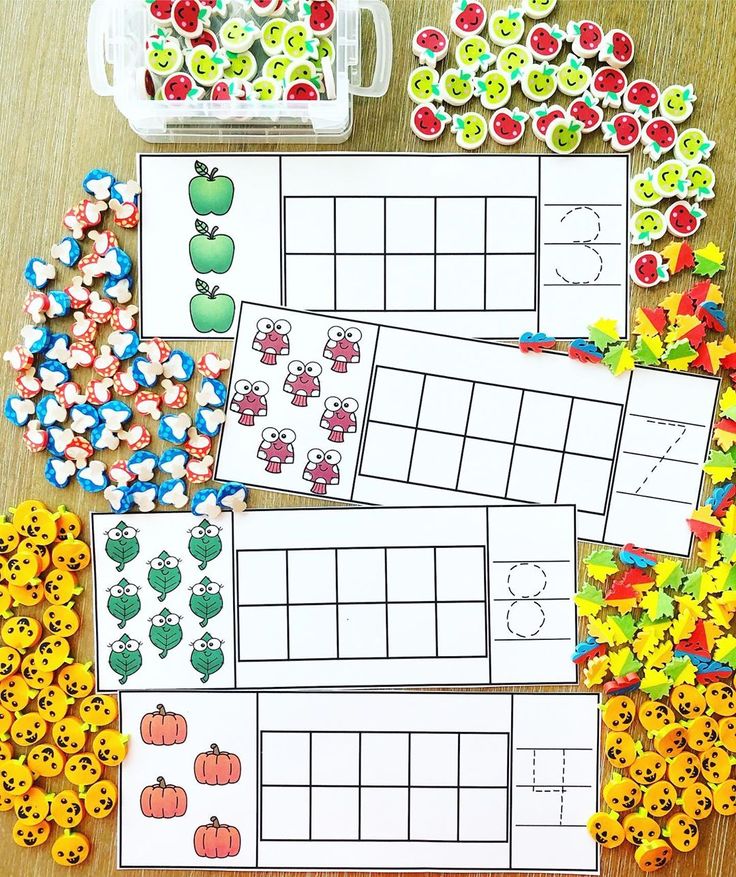
9. Your kids will have a blast learning to count with Bugs in a Jar!
Preschool Math Activities that are Fun and Engaging!
10. These DIY Tactile Counting Sticks are very easy to make and are perfect for kids who are learning to count.
11. Measuring with Bear Counters is an excellent way to introduce preschoolers to measurement!
12. I love this Play Dough Geometry activity! All you need is play dough and craft sticks!
13. This Pattern Making activity only requires a few common supplies. It's a hands-on way to introduce young preschoolers to patterns.
14. Number learning is really fun with this Car Parking Numbers Game!
15. Your kids will love learning about shapes with this Preschool Shape Scavenger Hunt!
16. This Number Pocket Game is a hands-on way for young preschoolers to learn numbers.
17. This Car Color Sort math activity is a great way for kids to practice sorting while playing with cars.
18. This Smack the Number Counting Game is fun way to practice number recognition and one to one correspondence.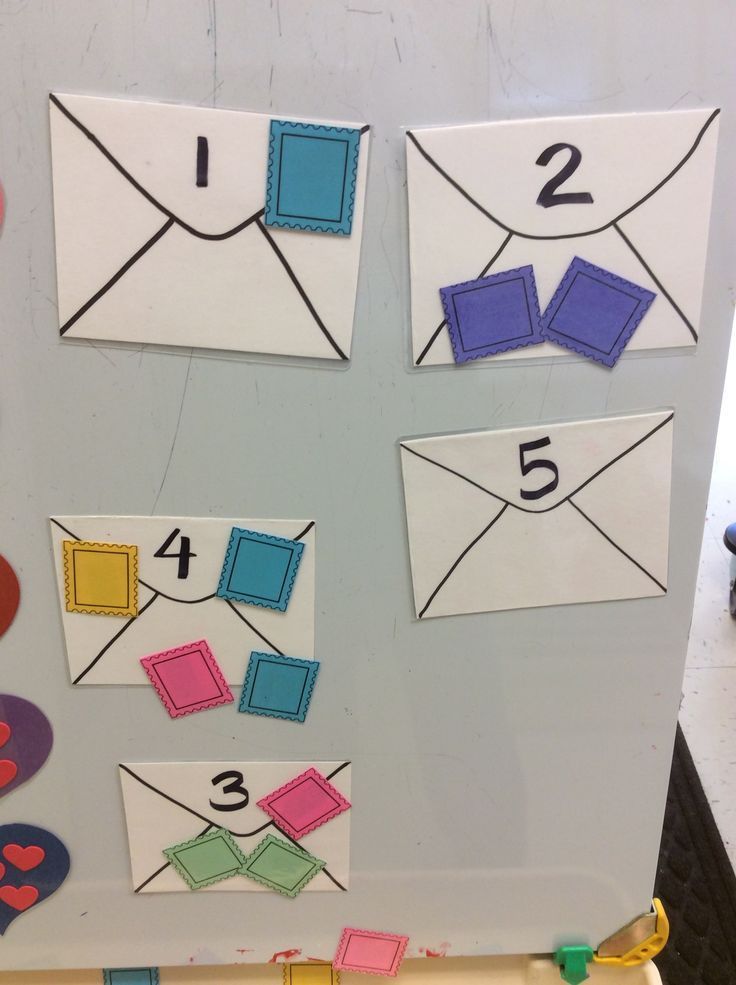 This was one of our favorite preschool math activities when my son was younger.
This was one of our favorite preschool math activities when my son was younger.
Math Activities for Preschool Math Centers
19. Make counting practice a game with this Race to Fill the Cup activity! This is a must-do when it comes to preschool math activities!
20. Finding shapes with I Spy Shape Glasses is a totally cool idea!
21. Counting and Measuring with LEGO is a fun way to work on counting, ordering and measuring numbers!
22. Take the learning outdoor with this super cool Pool Noodle Abacus!
23. This Button Counting Activity is a hands-on way for preschoolers to learn numbers and practice counting!
24. Work on fine motor skills and counting in this neat Counting beads on pipe cleaners activity!
25. Use clothespins to reinforce fine motor skills, colors and match numbers in this Hickory Dickory Dock Matching Clothespins activity!
26. This Printable Number Puzzle is a great way to work on a variety of ways to represent numbers.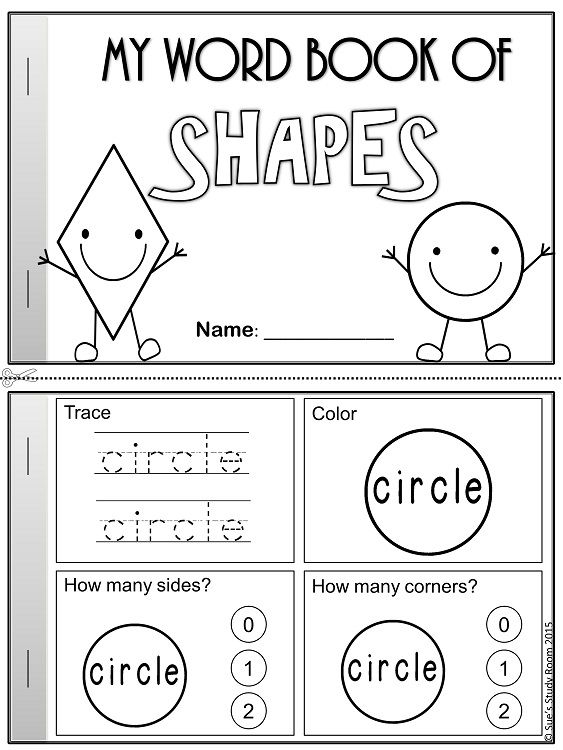
27. This Play Dough Math Invitation is open-ended and will keep preschoolers busy while learning a variety of math skills.
Even More Hands-On Math Activities for Preschoolers
28. These fun Farm Animal Rainbow Counters activity helps preschoolers learn to count and compare more or less!
29. Your kids will work on direction following, ordinal numbers and important vocabulary in this Matching Paths activity!
30. Your kids will have fun counting with this Ladybug Counting Busy Bag!
31. Counting Nature is a great way to work on counting and explore nature!
32. Your kids will have a ton of fun with Play Dough Addition.
33. Exploring Symmetry with Art is an awesome idea!
34. Use a Numbered Nature Tray to encourage number skill work while exploring nature!
35. This Play Dough Color Match Learning Activity is a fun way for kids to learn colors, matching, and sorting!
36. Your kids will love these 3 Counting Bear Activities for the Balance Scale!
37.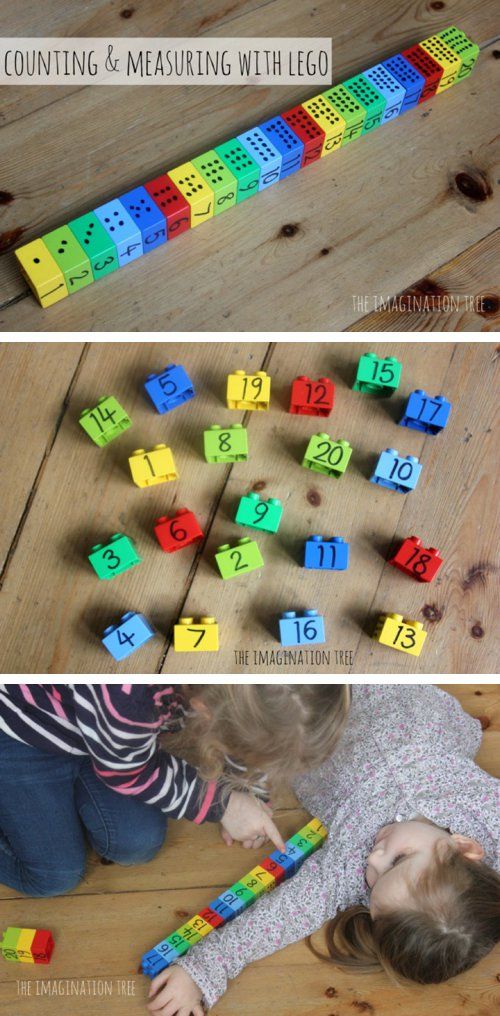 This Counting Math Game for Kids is great for practicing one-to-one correspondence!
This Counting Math Game for Kids is great for practicing one-to-one correspondence!
38. LEGO and Math combine in these LEGO Pattern Cards. A great activity to work on hands-on pattern building!
39. Counting Blocks While Building Towers is a fun way to learn with numbers!
40. These printable shapes are so inviting and are jam-packed with learning! You definitely have to add this to your list of preschool math activities to try with the kids!
Check out all of our other preschool math activities!
And because I LOVE combining literacy and math, here are 60 fantastic Math Picture Books for Preschool. Swap these in and out of your math center all year-long!
I hope this list will help you plan preschool math activities for the year ahead. I am really excited to do so many fun and engaging math activities with my kids this year!
I would love for you to share your favorite math activities for preschoolers in the comments!
Pre-school education.
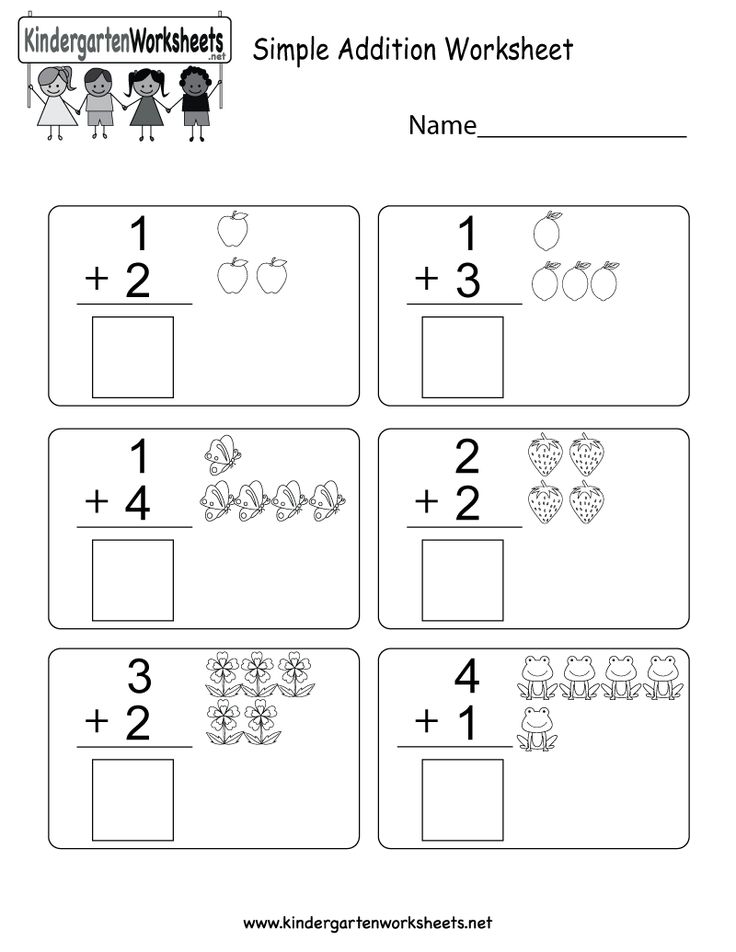 Mathematics for preschoolers.
Mathematics for preschoolers. An important place in the development of preschool children in kindergarten is given to teaching the basics of mathematics. The program material is aimed at the formation of mathematical abilities and ideas, the development of mental activity, logical thinking and ingenuity, that is, the ability to make simple judgments using grammatically correct turns of speech. Mathematical representations are a means of intellectual development of preschoolers, their creative and cognitive abilities.
Among the huge selection of games, tasks and literature for teaching mathematics, it is worth paying special attention to those that do not present ready-made material, but allow the preschooler to look for a way to solve the tasks himself: compare, explore, count, combine, measure and establish correspondence, memorize, group, reason and explain their actions.
Good results can be achieved if you start studying not a year before school, but from an early age (3-3.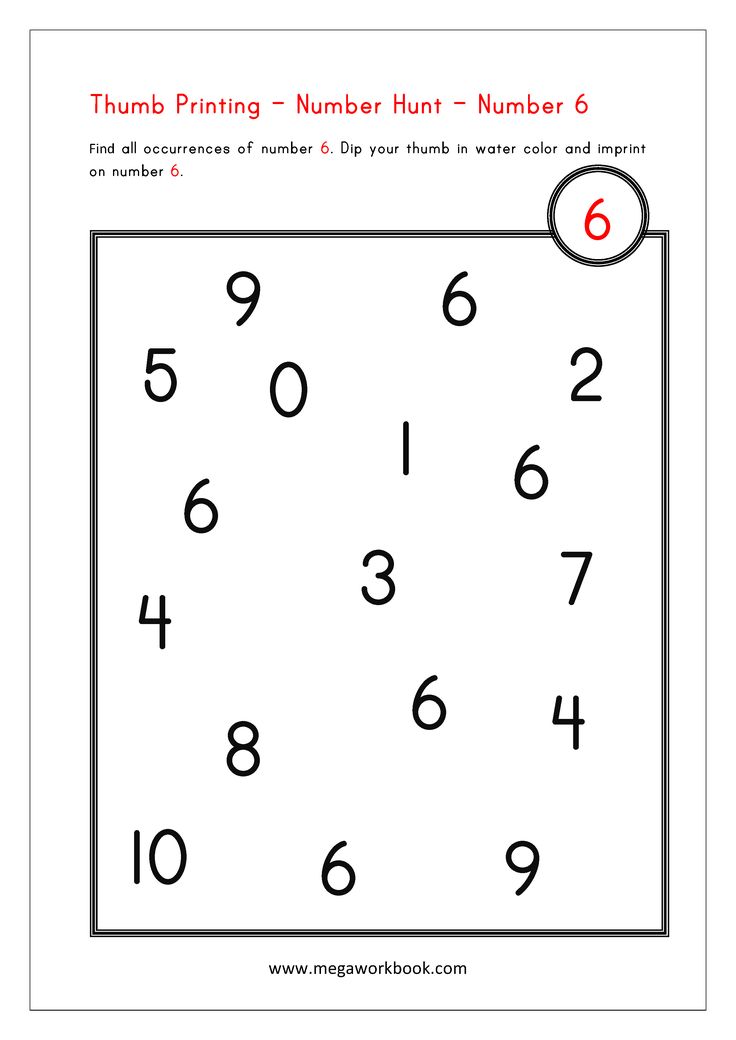 5 years). Mathematics for preschoolers is a difficult science, because operates with concepts that are abstract for babies. Therefore, the first and most important principle of teaching mathematics is visibility. Learning is much easier when the baby feels, sees, can feel. It is better to count tangible objects with a child: strips of paper, counting sticks, colored cubes, toys, wooden geometric shapes.
5 years). Mathematics for preschoolers is a difficult science, because operates with concepts that are abstract for babies. Therefore, the first and most important principle of teaching mathematics is visibility. Learning is much easier when the baby feels, sees, can feel. It is better to count tangible objects with a child: strips of paper, counting sticks, colored cubes, toys, wooden geometric shapes.
Mathematics for preschoolers is a program for the formation of a child's mental abilities, which solves the following tasks:
- development of initial mathematical concepts;
- an introduction to the child's active vocabulary of mathematical terms;
- formation of figurative thinking;
- development of design principles;
- formation of logical abilities;
- development of creative activity;
- development of auditory and visual memory;
- the formation of skills to compare, analyze, group and generalize.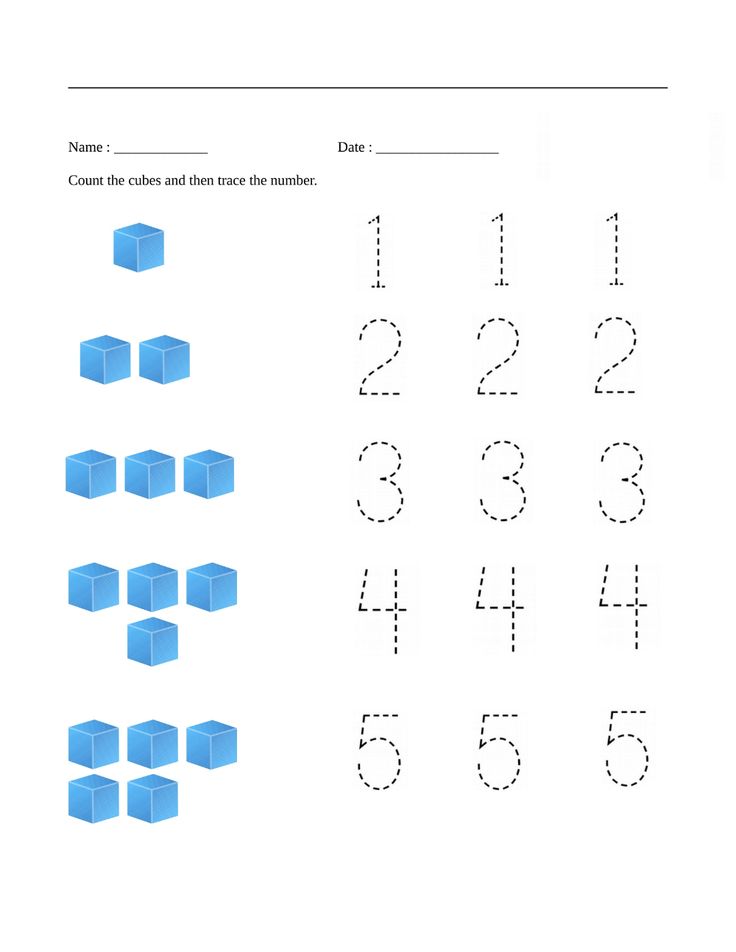
Mathematics for preschoolers consists of eight sections, the training of which begins with the second junior group (3 years) and lasts until graduation from school (7 years). All concepts are introduced gradually, in the form of a game and with elements of competition, based on the principle from simple to complex.
Digits, number, count
Children get acquainted with the numbers 0…20, learn to write printed numbers in a notebook. They learn to count within 20, using ordinal numbers (second, fifth). Learn to compare adjacent numbers. Get acquainted with such concepts as less, more, the same amount. Convert equalities to inequalities and vice versa. Get acquainted with mathematical signs + - = < >. They learn to compare the number, figure, the number of objects up to 20. They learn to count by 2 and 3 within 21. They study the composition of the number of the first ten. They come up with problems from the drawings and solve them based on clarity.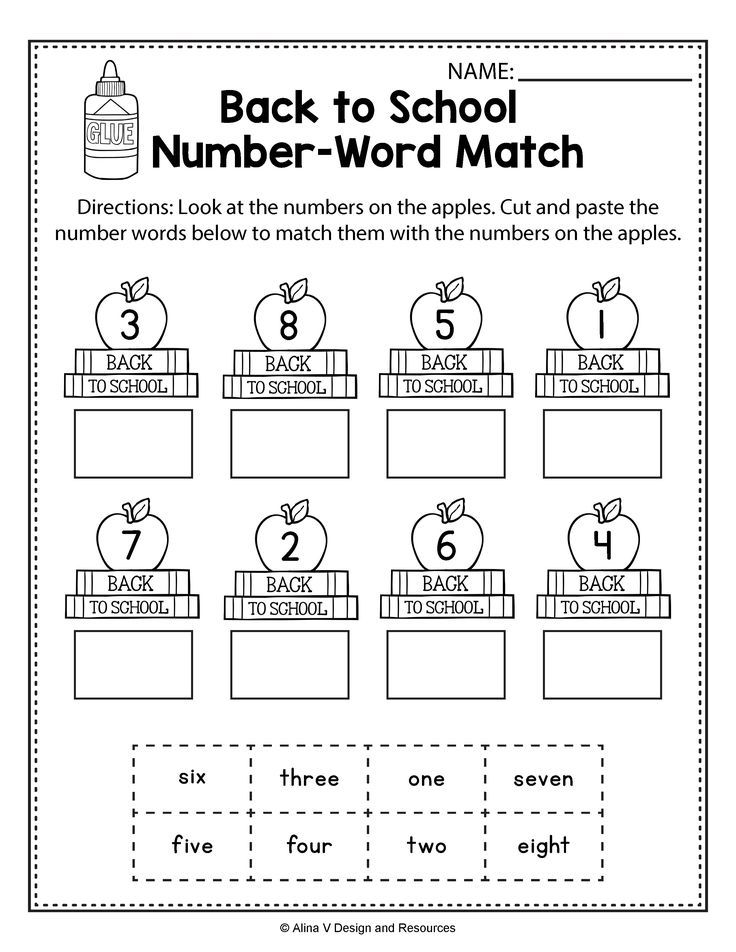
Value
Preschoolers learn to compare objects according to features:
- small - large, more - less, one size;
- shorter, longer, same length;
- below, above, the same height;
- wider, narrower, of the same width;
- thinner, thicker, same thickness;
- heavier, lighter, same weight;
- the same and different in shape and color.
Children learn to compare different objects using the method of superposition, pairwise comparison, and to distinguish an object from a group according to 2 and 3 features. Find an "extra" item in a group of items. Preschoolers develop an eye.
Geometric shapes
Children are taught to recognize geometric shapes: triangle, circle, oval, square, rectangle and polygon. Toddlers learn to find and name the corners, sides and vertices of all familiar shapes. Figures are grouped according to 1 of 3 features (color, shape, size).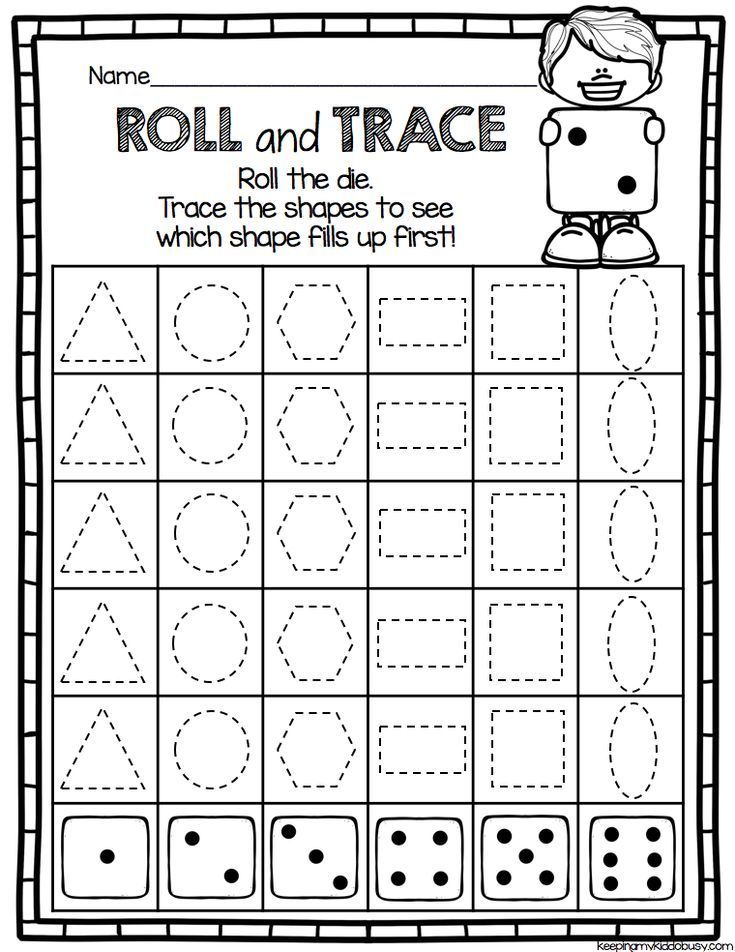
Construction
Construction is taught on counting sticks. Children add geometric shapes, letters, numbers, pictures from them.
Orientation in space
1) Preschoolers learn to determine the position of objects in space - right, left, bottom, top.
2) Determine the direction of movement - from right to left, from top to bottom, back, forward, in the opposite direction, in the same direction;
3) Get acquainted with the concepts - close and far, low and high, closer, farther, near.
4) Determine their position in space - outside or inside. Among the objects: on, in, under, over, in front of, between, to, from, through.
5) Orientation on a piece of paper, in a column and line of cells.
Orientation in time
Preschoolers get acquainted with the concepts: day, week, month, year, days of the week, time of day and seasons. Learn to identify days using the concepts: yesterday, tomorrow, today, the day after tomorrow.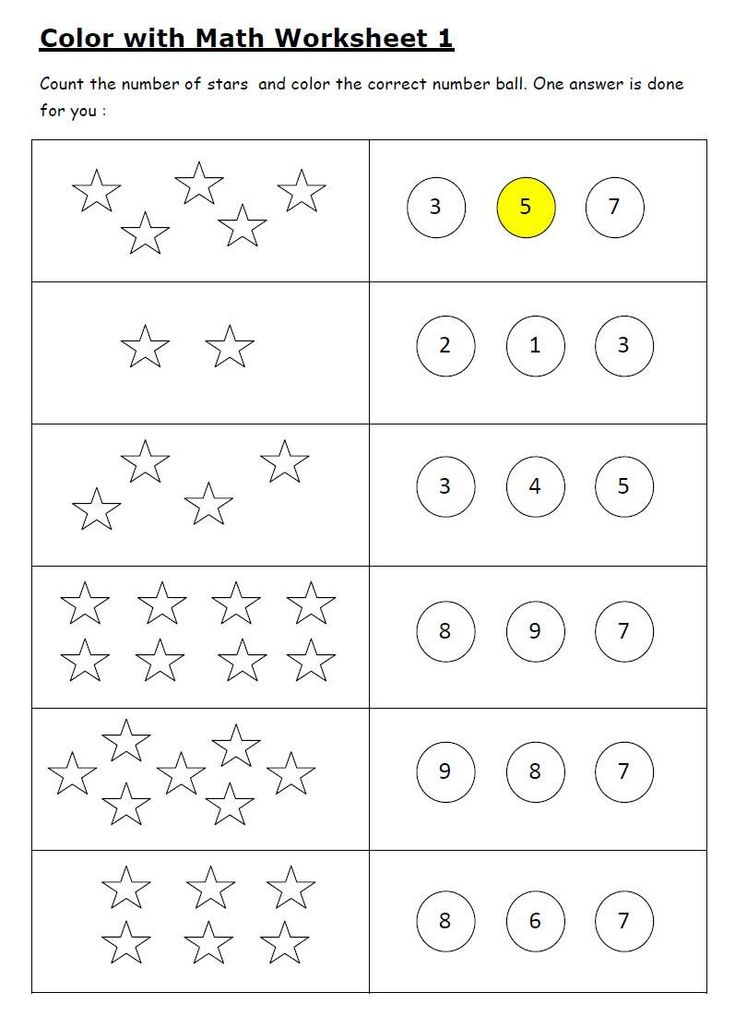 Include in the active dictionary the concepts: soon, long, further, quickly, slowly, then, for a long time.
Include in the active dictionary the concepts: soon, long, further, quickly, slowly, then, for a long time.
Logic games and tasks
Simple tasks aimed at developing logical thinking, ingenuity and resourcefulness. Jokes, puzzles and puzzles of mathematical content.
The success of teaching mathematics in elementary school depends on the effective development of the child in preschool age. The main thing to remember is that it is not the amount of knowledge and skills that is important, their qualities and the degree of influence on the mental abilities of the child are important.
The author of the article: Mardar Lyudmila Aleksandrovna
mathematics, computer science, robotics, technology, drawing, primary and preschool education - Institute for the Development of Education of the Jewish Autonomous Region
February 14,
Pre-school education
How does mathematics help develop the imagination?
Time: 12:30-13:00 Moscow time Moderator: Skorolupova O.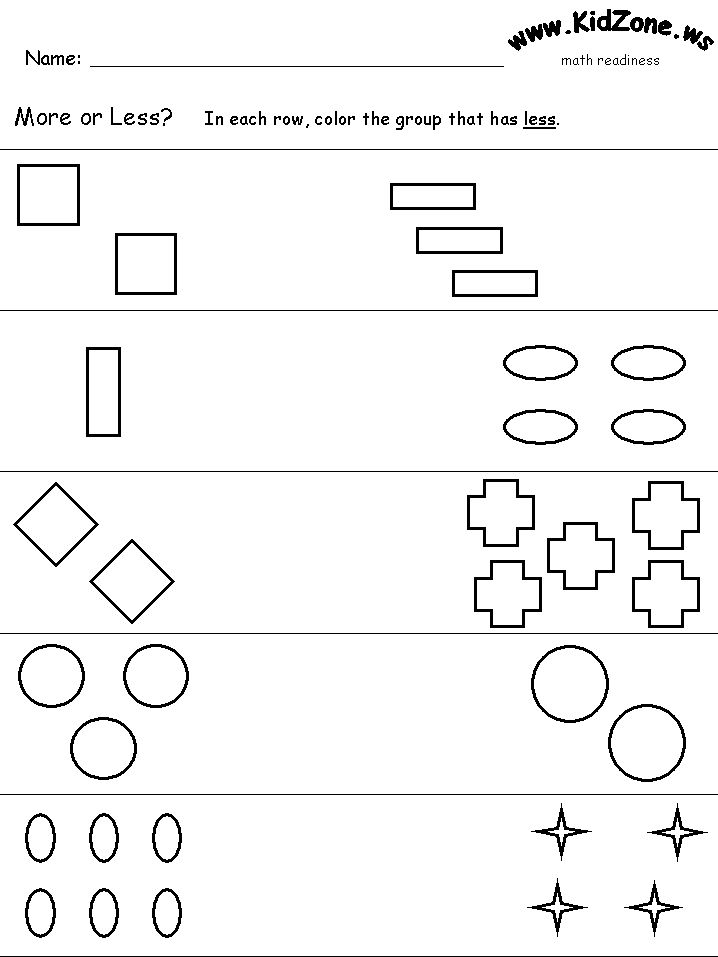 A.
A.
Link for participation
Primary education
Formation of elementary ideas about the rules for creating a harmonious subject environment in elementary school students
Time: 14:00-15:00 Moscow time Host: Konysheva N.M.
Link for participation
Drawing
Methodology and organization of practical activities of students in grade 8
Time: 15:00-16:00 Moscow time Host: Ukhaneva V.A.
Link to participate
February 15
Robotics.
LEGO SPIKE Prime technology and Tello quadcopters. Promising directions in educational robotics. Technology: updated GEF, key points and features
Time: 14:00-16:00 Moscow time Hosts: Koposov D.G., Pichugina G.V.
Link for participation
February 16
Primary education
Formation of student's educational independence. Possibilities of a continuous course of mathematics "Learning to learn" L.G. Peterson (grades 1-4)
Time: 15:00-16:00 Moscow time Host: Gaidukova V.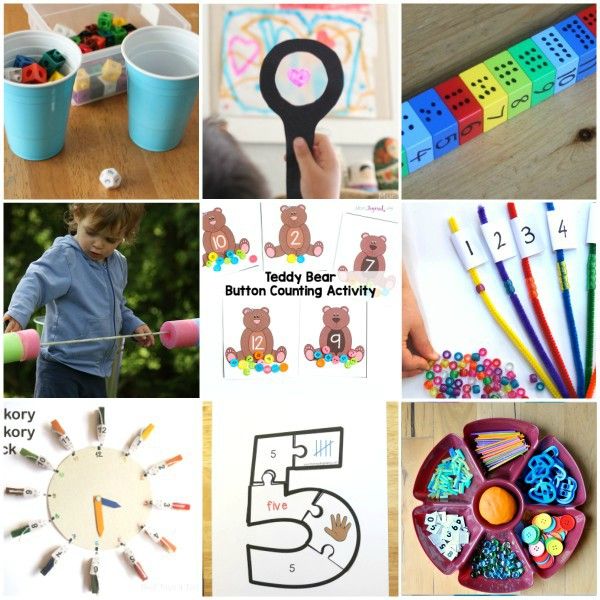 I.
I.
Time: 13:00-14:00 Moscow time Host: Skorolupova O.A.
Participation link
Primary education
Which way is better? We determine the case of nouns and conjugation of verbs in non-traditional ways
Time: 14:00-15:00 Moscow time Host: Vostorgova E.V.
Link to participate
What does it mean to be able to learn? How to create conditions for the formation of personal UUD of a junior schoolchild on the basis of the over-subject course "The World of Activity" L.G. Peterson.
Time: 16:00-17:00 Moscow time Host: Pospolita N.V. Peterson within the framework of the new GEF for secondary school
Time: 15:00-16:00 Moscow time Host: Podlipsky O.K.
Link to participate
Informatics
Formation and assessment of functional literacy in informatics lessons
Time: 15:00-16:00 Moscow time Moderator: Bosova L. L.
Link to participate
February 18
Primary education
Portrait.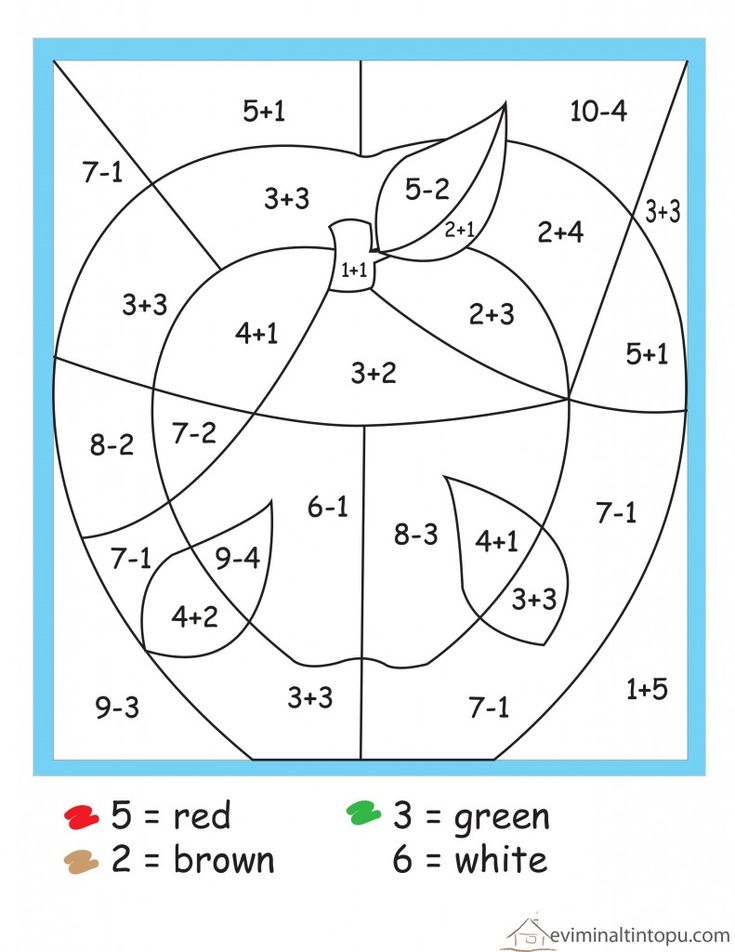 Fundamentals and methods of teaching schoolchildren based on textbooks and educational albums
Fundamentals and methods of teaching schoolchildren based on textbooks and educational albums
Time: 13:00-14:00 Moscow time Host: Ashikova S.G.
Link to participate
Connection of spelling and grammar with the development of reading literacy
Time: 14:30-15:30 Moscow time Moderator: Nechaeva N.V.
Link to participate
Mathematics
Continuous course of mathematics “Learning to learn” L.G. Peterson. Grade 6 Consultation No. 6 "Geometry" Lessons 127-150
Time: 16:00-17:00 Moscow time Host: Grushevskaya L. A.
Link to participate
February 21
Preschool education
Mathematics in kindergarten: developing mathematics classes for kids
Time: 14:00 -14:30 Moscow time Host: Skorolupova O.A .
Link to participate
Primary education
"Artist and the natural world". Features of introducing younger students to artistic and creative activities
Time: 14:00-15:00 Moscow time Host: Koptseva T.